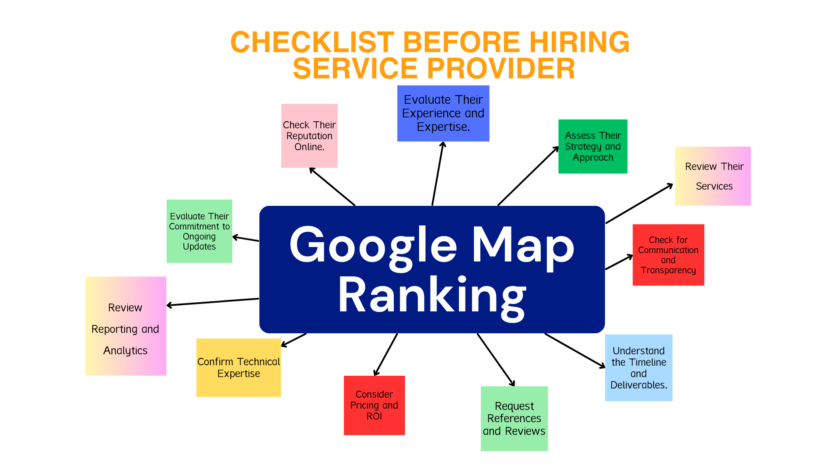In today’s digital age, understanding how your website or content performs in Google search results across different locations is crucial for optimizing your online presence. Google’s search algorithm takes into account various factors, including location and language preferences, when delivering search results to users. Therefore, being able to check and analyze search results for specific countries or regions is essential for businesses, marketers, and website owners. In this guide, we’ll explore effective methods for checking Google search results for different locations using settings such as language, region, and domain selection.
1. language and Region Settings:
Google allows users to specify their preferred language and region settings, influencing the search results they see. By adjusting these settings, you can simulate searches from different locations and languages. Start by navigating to Google’s search settings page and selecting the desired language and region.
For example, choosing “English” as the language and “United States” as the region will yield search results tailored to users in the US.
2. Using Domain Selection:
Another method to check location-specific search results is by using domain selection. Google’s search engine offers various country-specific domains, such as google.co.uk for the United Kingdom, google.ca for Canada, and google.com.au for Australia. By visiting these country-specific domains and performing searches, you can access search results relevant to those particular regions.
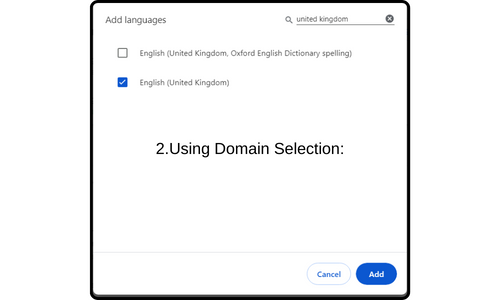
3. Browser Localization Settings:
Modern web browsers often have built-in features that allow users to specify their preferred language and region settings. By adjusting the browser’s localization settings, you can influence the search results displayed by Google. Ensure that both the browser and Google’s search settings are aligned with the desired language and region for accurate results.
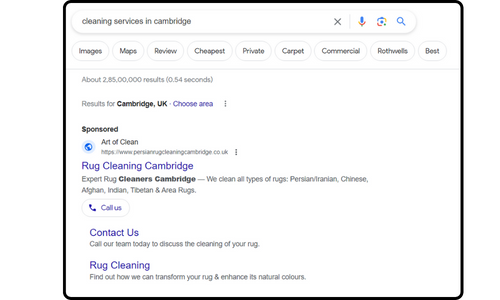
4. VPN Services:
Virtual Private Networks (VPNs) are powerful tools for simulating browsing from different locations worldwide. By connecting to a VPN server in a specific country, you can mask your actual location and access Google search results tailored to that region. Choose a VPN server located in the country you want to target and perform searches as if you were physically present there. By connecting to a VPN server in a specific region, you can effectively mask your actual location and access Google search results as if you were physically present in that area. This method provides an authentic representation of localized search results and is particularly useful for SEO professionals and marketers.
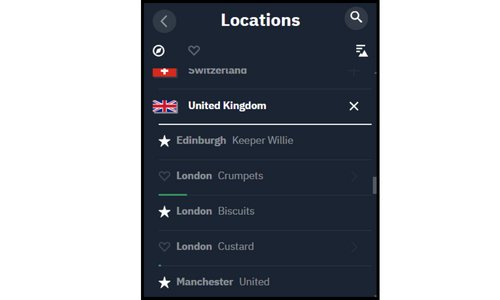
5. Google Search Console:
While Google Search Console doesn’t provide direct access to location-specific search results, it offers valuable insights into where your website appears in Google search results. Analyze the data in Google Search Console to understand which countries and regions your site is being shown in. This information can guide your SEO strategy and help you optimize your content for specific locations.

6. Third-Party Tools:
Several third-party tools and services specialize in tracking search rankings and performance across different locations. Tools like SEMrush, Ahrefs, and Moz offer functionalities to check search results for specific countries or regions. These tools use proxies or API integrations to fetch accurate location-specific search results, providing valuable insights for SEO professionals and marketers.
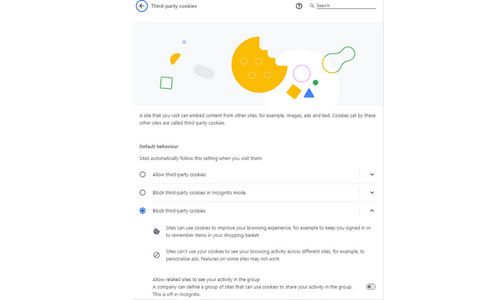
7. Google Ads Preview Tool:
Although primarily designed for previewing Google Ads, the Google Ads Preview Tool can also be used to view organic search results for different locations. Enter your keywords and select the desired country or region to see how your website ranks in Google search results for that particular area. This tool provides a quick and easy way to check location-specific search visibility. Various third-party proxy tools and services offer the capability to route your internet traffic through proxy servers located in different regions. By configuring your browser or device to use these proxies, you can conduct Google searches from any desired location.
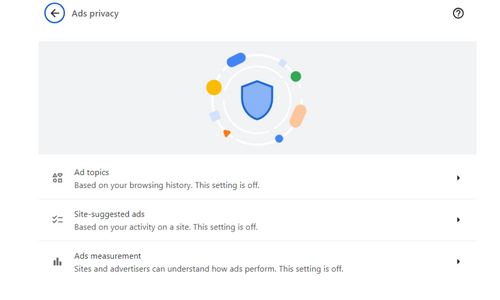
8. Mobile Emulators:
Given the prevalence of mobile search, it’s essential to assess how your content ranks on mobile devices across different locations. Mobile emulators, such as Browser Stack or Google’s Mobile-Friendly Test, allow you to simulate mobile browsing from various regions. This enables you to evaluate your website’s mobile search performance and optimize it for different locations accordingly.
9. Collaborative Feedback:
Engaging with individuals located in different regions and soliciting their feedback on Google search results can provide valuable qualitative insights. Ask users to perform searches for your targeted keywords and share their observations on the search results they see. This firsthand feedback can help you understand how your content resonates with diverse audiences across various locations.
10. Google Search Operators:
Google offers a range of search operators that enable users to refine their search queries and specify geographical locations. Utilizing operators like “near:” or “loc:” followed by a location name allows you to retrieve search results tailored to that particular area.
For example, searching “best coffee shops near: Los Angeles” will display results relevant to Los Angeles-based users.
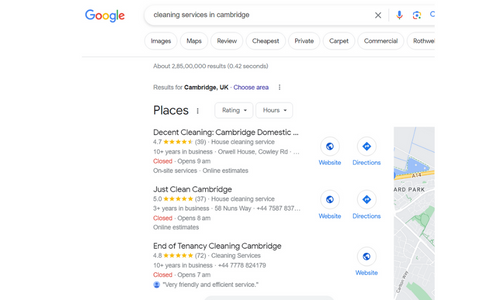
11. Browser Extensions:
Several browser extensions, such as “Location Guard” for Chrome or “Location Emulator” for Firefox, allow users to spoof their geographic location while browsing the internet. These extensions simulate browsing from different regions, enabling you to observe how search results vary across locations directly from your browser. They are user-friendly and provide a convenient way to access localized search results.
In conclusion, mastering location-specific Google search results requires a combination of strategic settings adjustments, technological tools, and analytical insights. By leveraging language and region settings, domain selection, VPN services, browser localization, Google Search Console data, third-party tools, and collaborative feedback, you can gain a comprehensive understanding of your search visibility across different locations. This knowledge empowers you to refine your SEO strategies, target specific demographics effectively, and enhance your online presence on a global scale.

